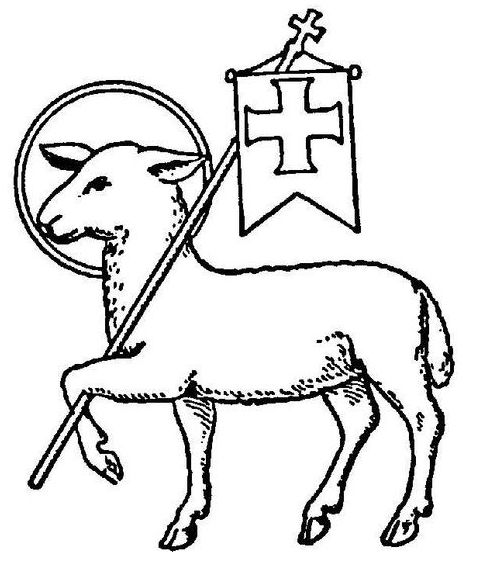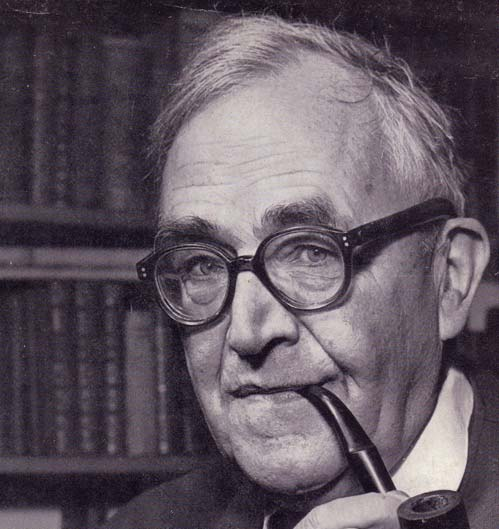“It was not worthy of the goodness of God that those created by Him should be corrupted through the deceit wrought by the devil upon human beings. And it was supremely improper that the workmanship of God in human beings should disappear either through their own negligence or through the deceit of the demons… But now He comes, condescending towards us in His love for human beings and His manifestation.”
-Athanasius, On The Incarnation, pp. 55-57
“The election of grace is the eternal beginning of all the ways and works of God in Jesus Christ. In Jesus Christ God in His free grace determines Himself for sinful man and sinful man for Himself. He therefore takes upon Himself the refection of man with all its consequences, and elects man to participation in His own glory.”
-Karl Barth, Church Dogmatics II.2, p. 94
This Advent season has been one on reflecting on my utter brokenness before God. I love and adore theological dialogue, doing theology and pressing into the ocean of mystery that is the depths of God and the Christian faith; but there are times when reading theology can itself become a distraction. Many times I’m quicker to pick up some work by Barth or Bonhoeffer than I am to dive into the Scriptures. Partly this is because I am afraid of the ways in which I am confronted with the reality of my sinfulness, and my complete unworthiness of approaching the throne of the infinite God. But then when I do engage Scripture, I am confronted with an unrelenting, loving God who is always moving towards not only Israel, but all human beings. This pure, holy love is not something I can bear at all. In being confronted by it, I am totally aware of my utter depravity and dread overwhelms the very core of my being. Like John says in his Revelation: “I fell at his feet, as though dead.” (Rev 1:17) Barth puts to words what I’m feeling better than I ever could:
“It is not the case that we ourselves can put ourselves in the position in which all that we can do is to seek what is above. We do, of course, put ourselves in many awkward positions. We can even plunge ourselves into despair. But we cannot put ourselves in the position, that saving and blessed despair, in which we can only seek refuge in God. But God plunges us into this despair when He reveals Himself to us, when His Word made flesh and the judgment of our flesh by the Holy Spirit, who opens our eyes and ears and therefore kindles our faith.” [1]
Even in this dread, God is tender and gentle in His approach. Paul in the second chapter of his letter to the Ephesians speaks about the richness of God’s grace towards us:
“And you were dead in the trespasses and sins in which you once walked, following the course of this world, following the prince of the power of the air, the spirit that is now at work in the sons of disobedience—among whom we all once lived in the passions of our flesh, carrying out the desires of the body and the mind, and were by nature children of wrath, like the rest of mankind. But God, being rich in mercy, because of the great love with which he loved us, even when we were dead in our trespasses, made us alive together with Christ—by grace you have been saved—and raised us up with him and seated us with him in the heavenly places in Christ Jesus, so that in the coming ages he might show the immeasurable riches of his grace in kindness toward us in Christ Jesus. For by grace you have been saved through faith. And this is not your own doing; it is the gift of God, not a result of works, so that no one may boast. For we are his workmanship, created in Christ Jesus for good works, which God prepared beforehand, that we should walk in them.” (Eph. 2:1-10, ESV)
God desires to show us the richness of His mercy. God is a God who is seeking us out. Barth speaks about the love of God and the language used in Scripture to convey it:
“In Holy Scripture the love of God to us speaks the language of this fact-the fact of His election, guidance, help and salvation-and it is in this language that it has to be heard and understood. But all the expressions of this factual language meet in the name of Jesus Christ. In this name the approach of God to man consists in one fact alone. This is, of course, the even of revelation and reconciliation in the one Word, which is the Son of God. It is the fact that God intercedes for man, that He takes upon Himself the sin and guilt and death of man, that laden with it all He stands surety for him.” [2]
The language we must use when speaking of the love of God is bound up in the name of Jesus Christ. To proclaim the love of God is to proclaim Jesus Christ. In the Christmas season we must be confronted by the profound mystery of God becoming man. We must be confronted by a God who is not far off; who is not indifferent to the plight of human beings. The Incarnation is a saving act. This saving act is also not one of conditionality. God moves towards us unconditionally. He is not moved out of necessity, but out of His free love for us. We see the goodness of God fully on display in the person of Christ, from His incarnation, life, death and resurrection. In this move we catch a glimpse of the eternal choice of God, to pledge His very being for us. To quote Barth some more:
“…God has no need to love us, and we have no claim upon His love. God is love, before He loves us and apart from it. Like everything else that He is, He is love as the triune God in Himself. Even without us and without the world and without the reconciliation of the world, He would not experience and lack of love in Himself. How then can we for our part declare it to be necessary that we should be loved by Him? It is, in fact, the free mercy and kindness of God which meets us in His love.” [3]
This Advent season, it is my desire to live in light of this work that God has done and is doing. God has moved towards us, and is still ever moving towards us moment by moment.
“Whoever confesses that Jesus is the Son of God, God abides in him, and he in God. So we have come to know and to believe the love that God has for us. God is love, and whoever abides in love abides in God, and God abides in him. By this is love perfected with us, so that we may have confidence for the day of judgment, because as he is so also are we in this world. There is no fear in love, but perfect love casts out fear. For fear has to do with punishment, and whoever fears has not been perfected in love. We love because he first loved us.“
-1 John 4:15-19 ESV
[1] Karl Barth, Church Dogmatics 1.2, p. 372
[2] ibid, p. 378
[3] ibid, p. 379








